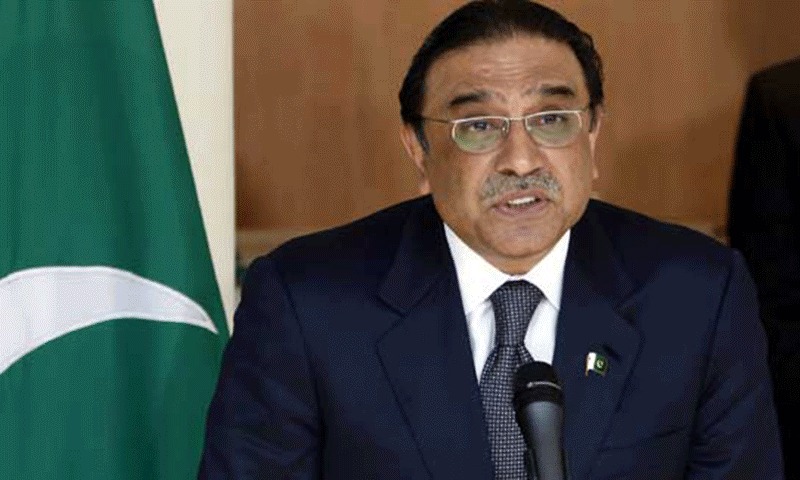
ISLAMABAD, March 9, 2024 (BSS/AFP) - Asif Ali Zardari, the widower of Pakistan's slain first female leader Benazir Bhutto, was voted in as president for a second time Saturday, after elections marred by rigging claims.
Zardari was voted in with 411 votes to 181 for the opposition-backed candidate, the Election Commission of Pakistan announced after tallying the votes by national MPs, provincial MPs and senators.
Lawmakers of Bhutto's Pakistan Peoples Party (PPP) voted Zardari into the largely ceremonial post, backed by the Pakistan Muslim League-Nawaz (PML-N) party in an alliance forged after the February 8 polls.
Under the terms of the coalition pact, which also includes a handful of smaller parties, PML-N's Shehbaz Sharif was sworn-in as prime minister on Monday.
Zardari is expected to be sworn in at a ceremony on Sunday.
Pakistan's February 8 election was tainted by allegations of pre-poll rigging and vote tampering, with former prime minister Imran Khan jailed and barred from contesting and his Pakistan Tehreek-e-Insaf (PTI) party targeted by arrests and censorship, with members forced to stand as independents.
They defied expectations to win more seats than any other party last month, but fell far short of the majority needed to govern -- clearing the way for the alliance between PML-N and PPP.
However, PTI claim a polling day mobile internet blackout and a massive delay in results were used to cover up nationwide rigging preventing their landslide victory.
PTI nominated Mehmood Khan Achakzai, a lawmaker from the western city of Quetta, as their presidential candidate.
Zardari, 68, was previously boosted to presidential office in 2008 on a sympathy vote following the gun and bomb assassination of Benazir Bhutto as she campaigned for re-election.
He has been battered by recurring bouts of graft allegations and spent more than 11 years in jail, a long time even by the standards of Pakistani politicians.
But he has a reputation for bouncing back from scandals that might prove career-ending for others.
During his first stint in office -- which ended in 2013 -- he rolled back the powers of the presidency.
But as the PPP's patriarch he is expected to steer his party through a coalition analysts regard as shaky after the fraught results of last month's election.